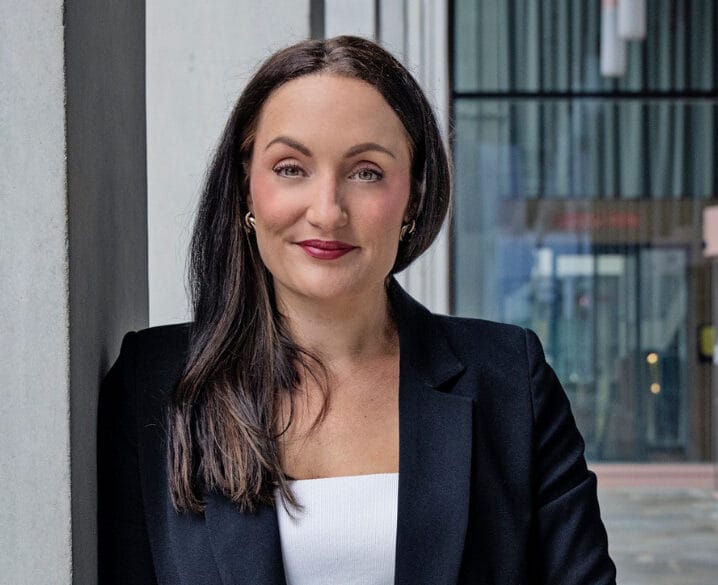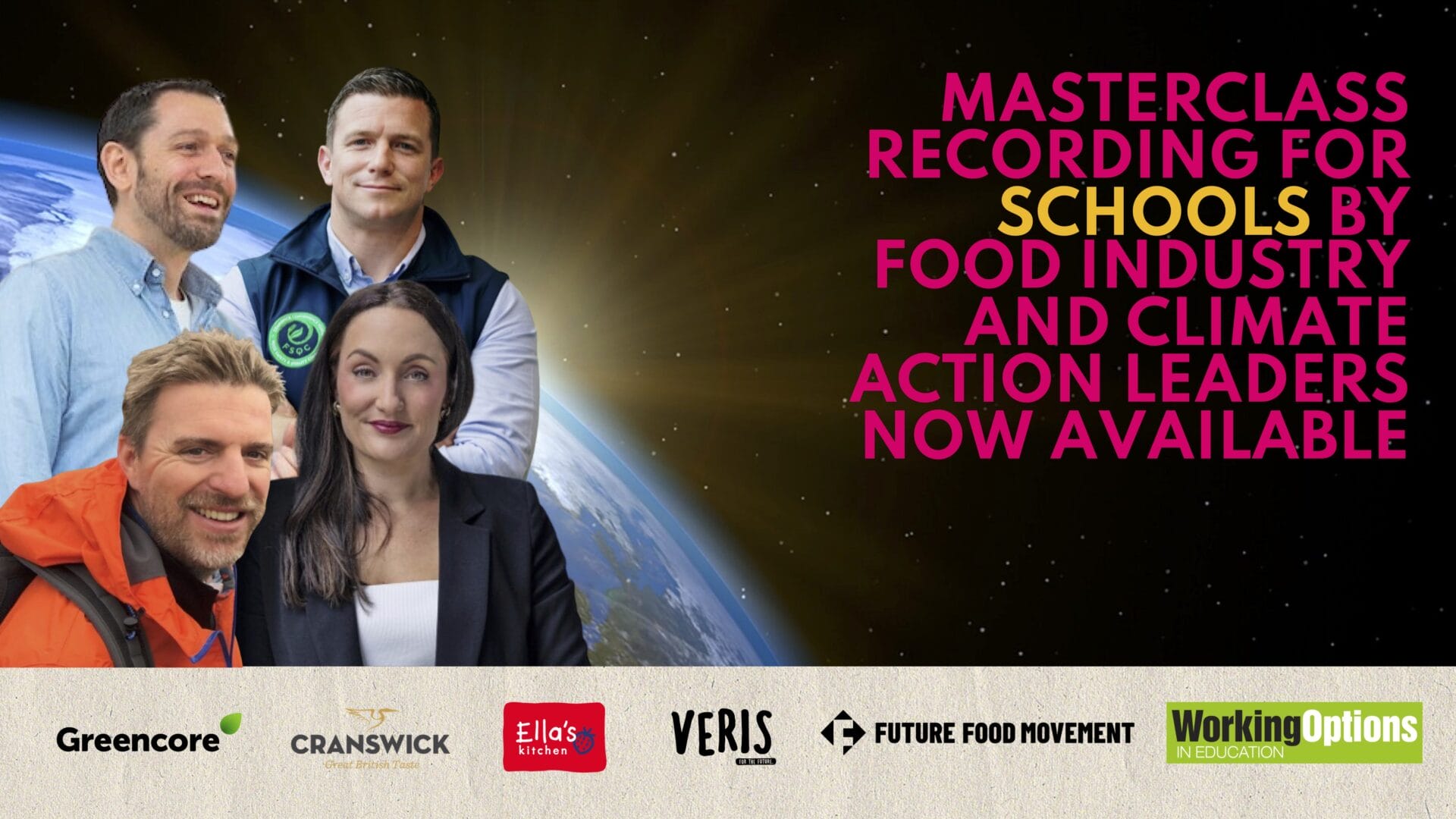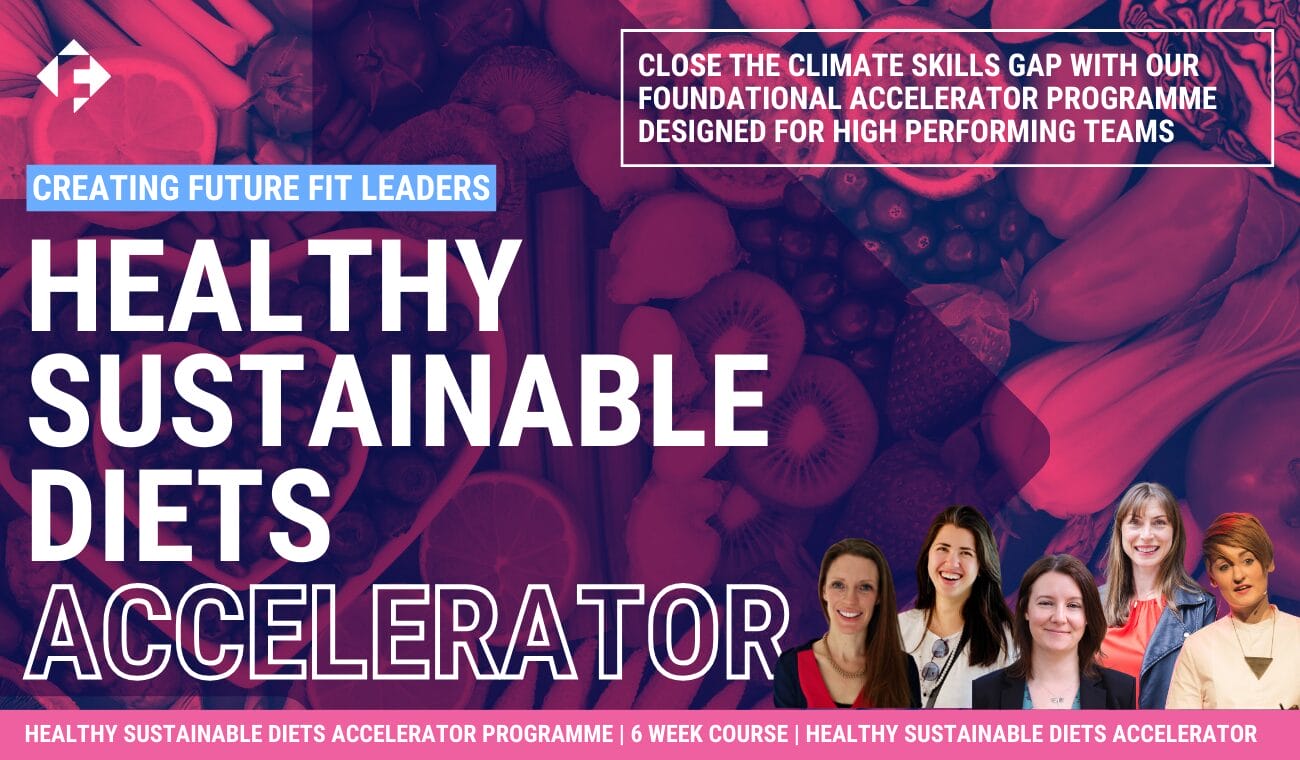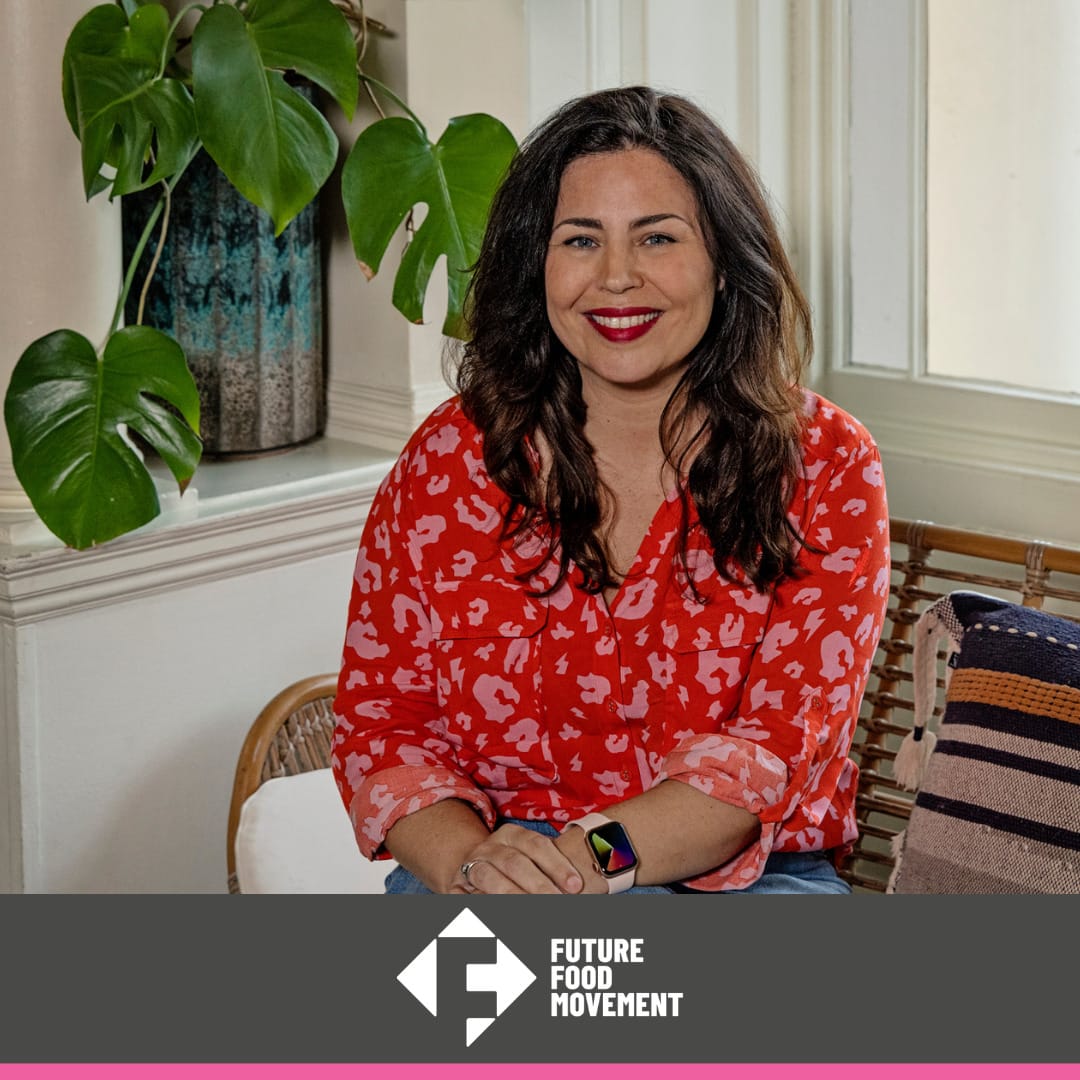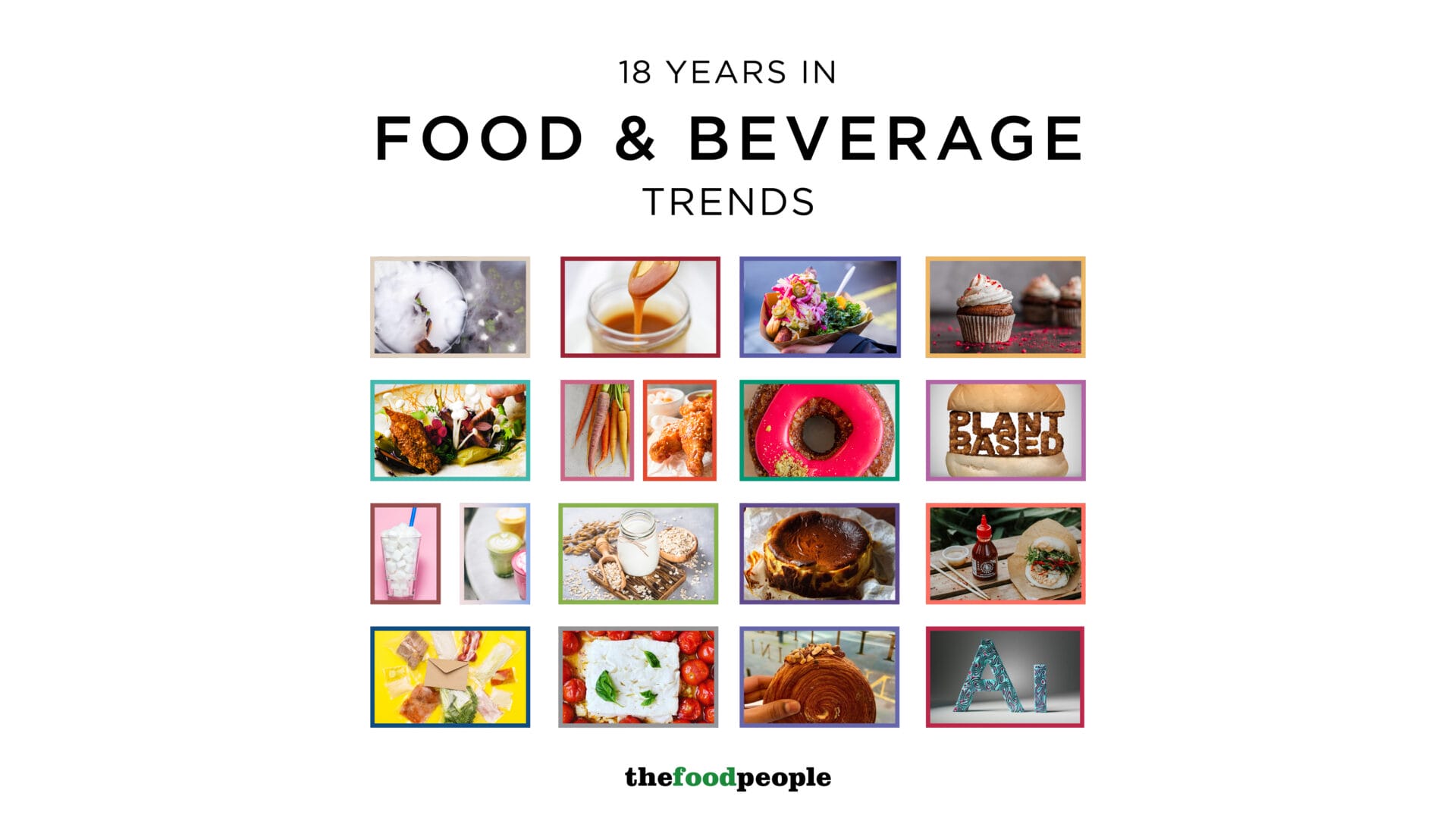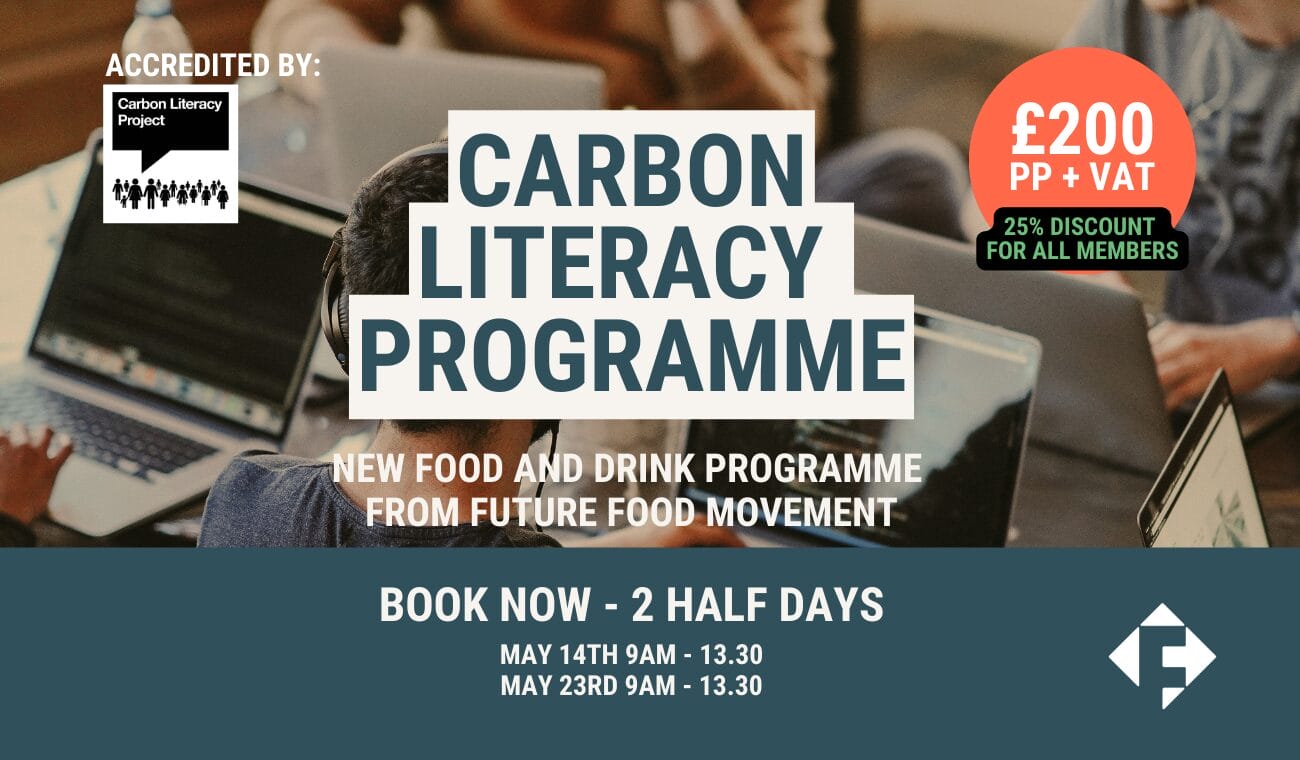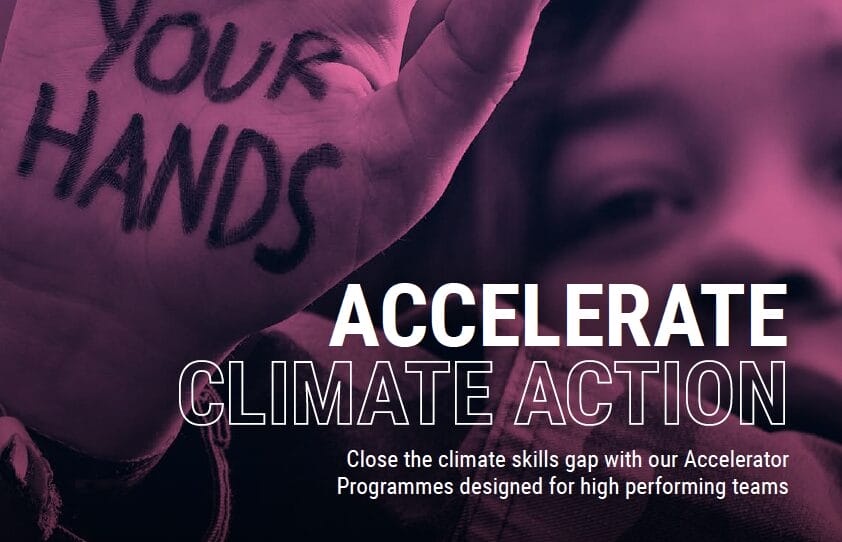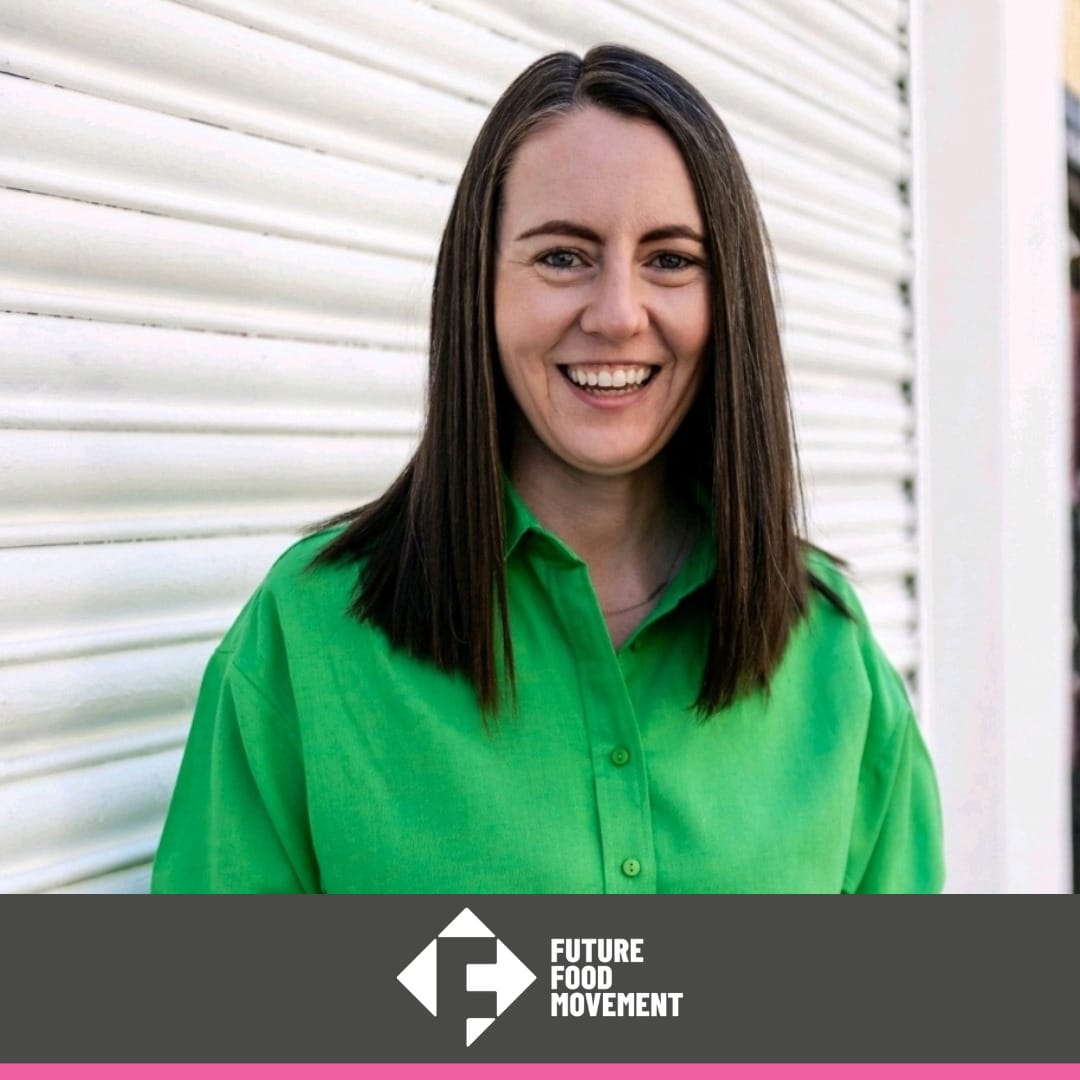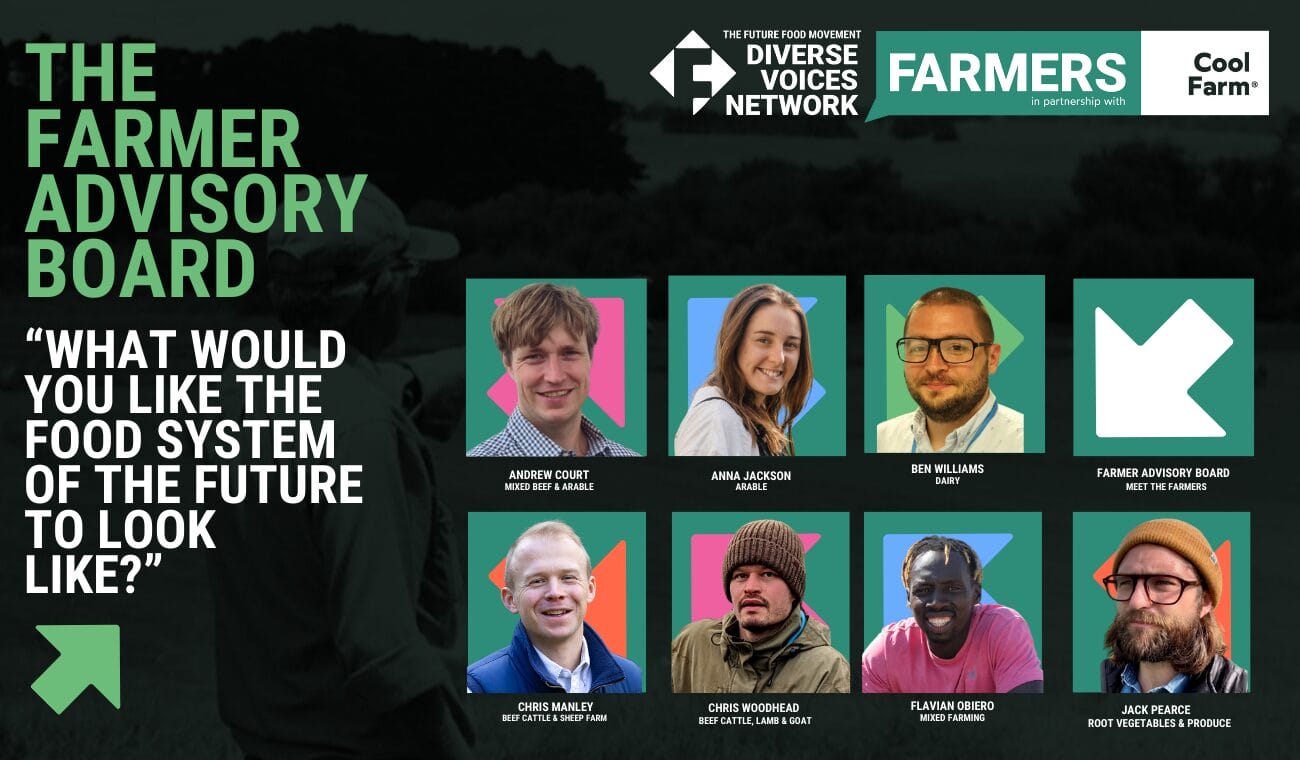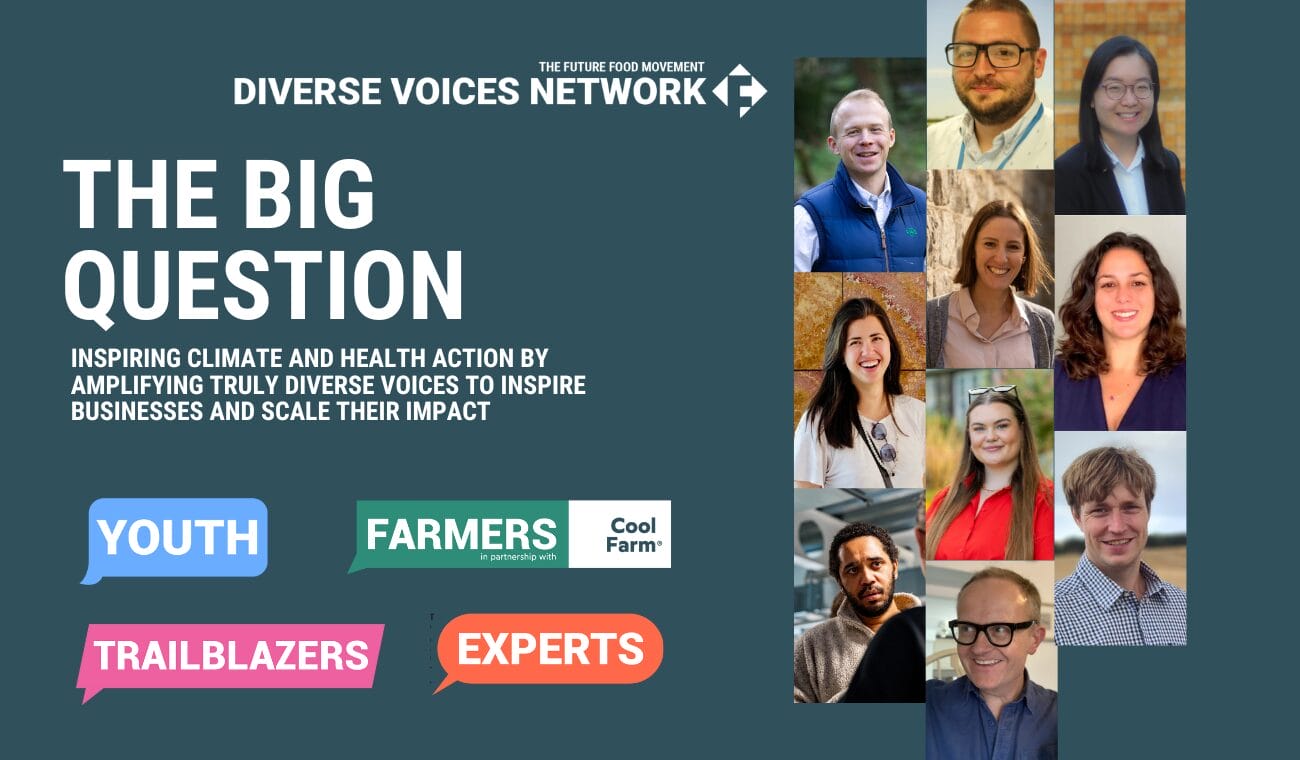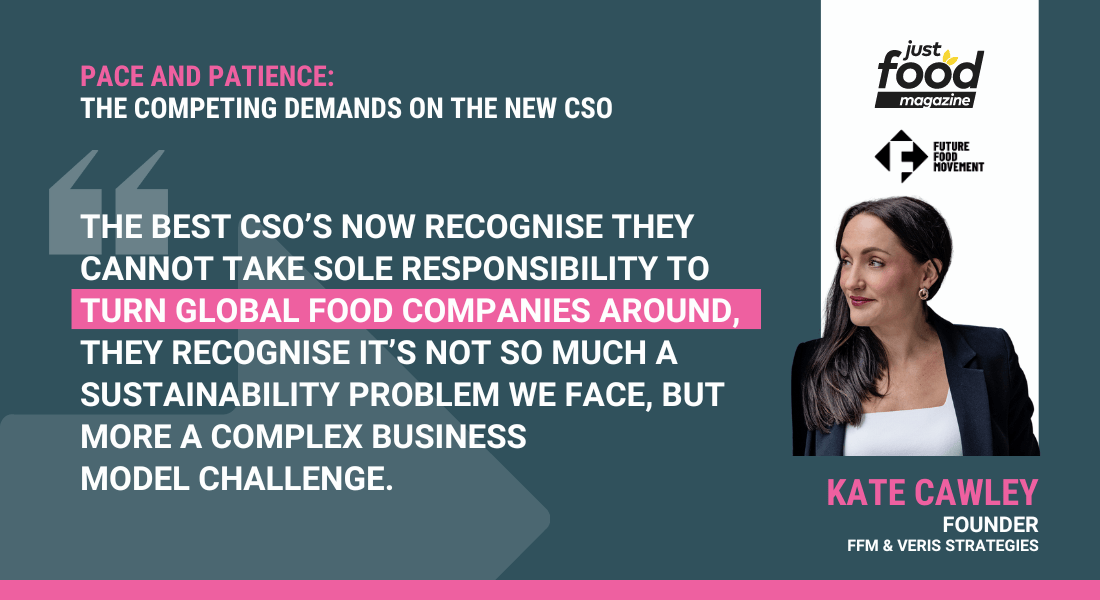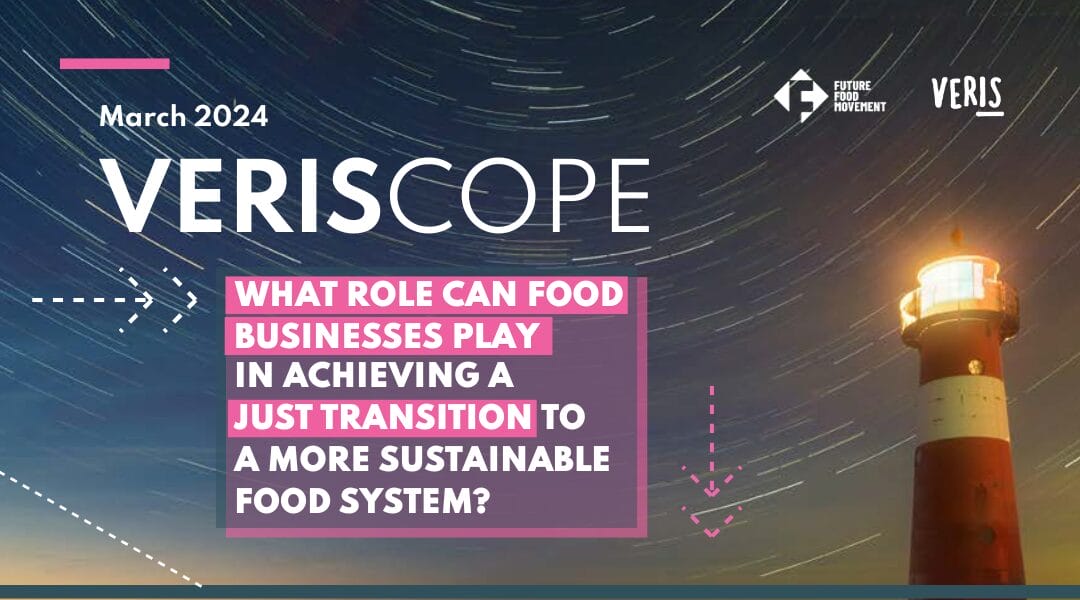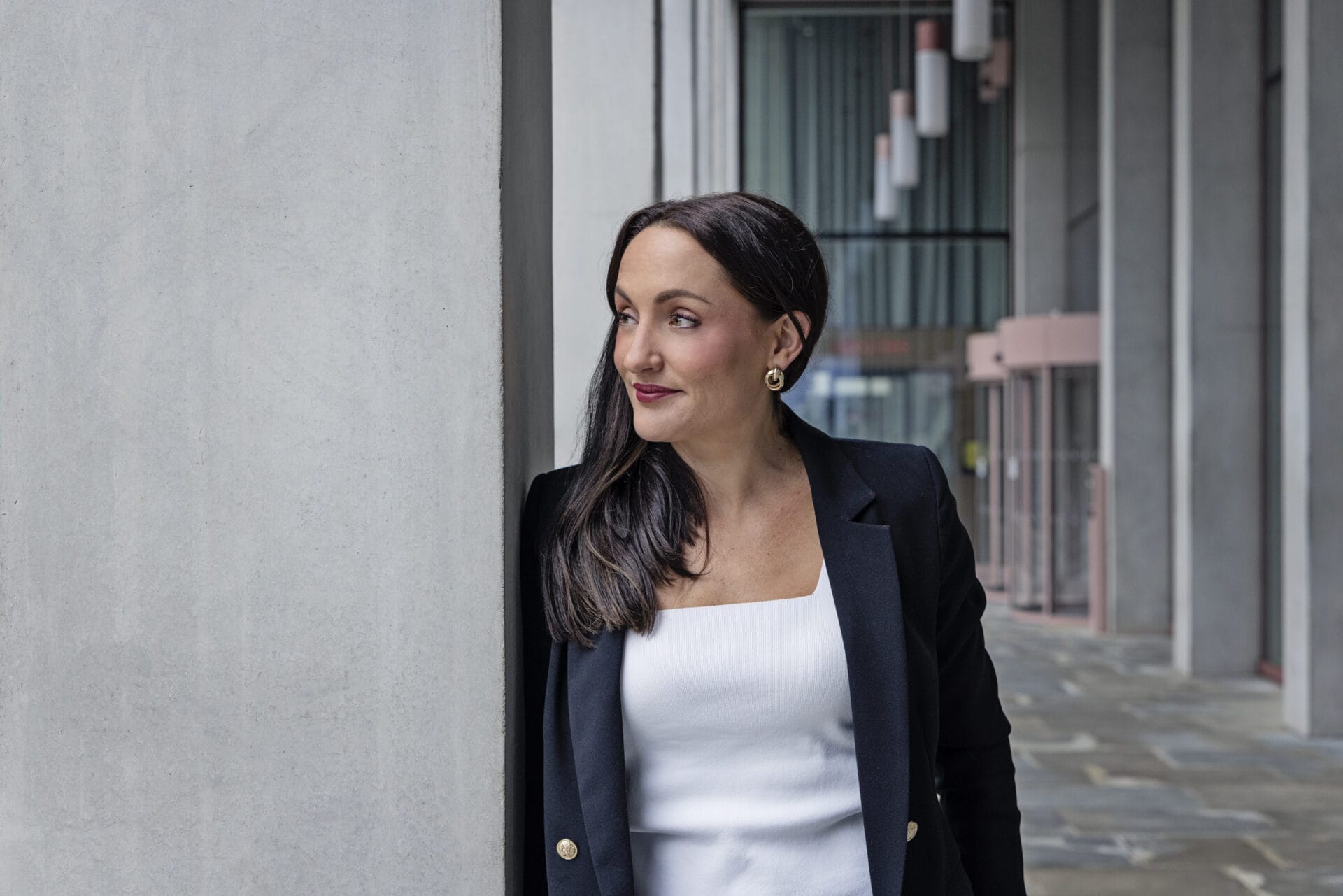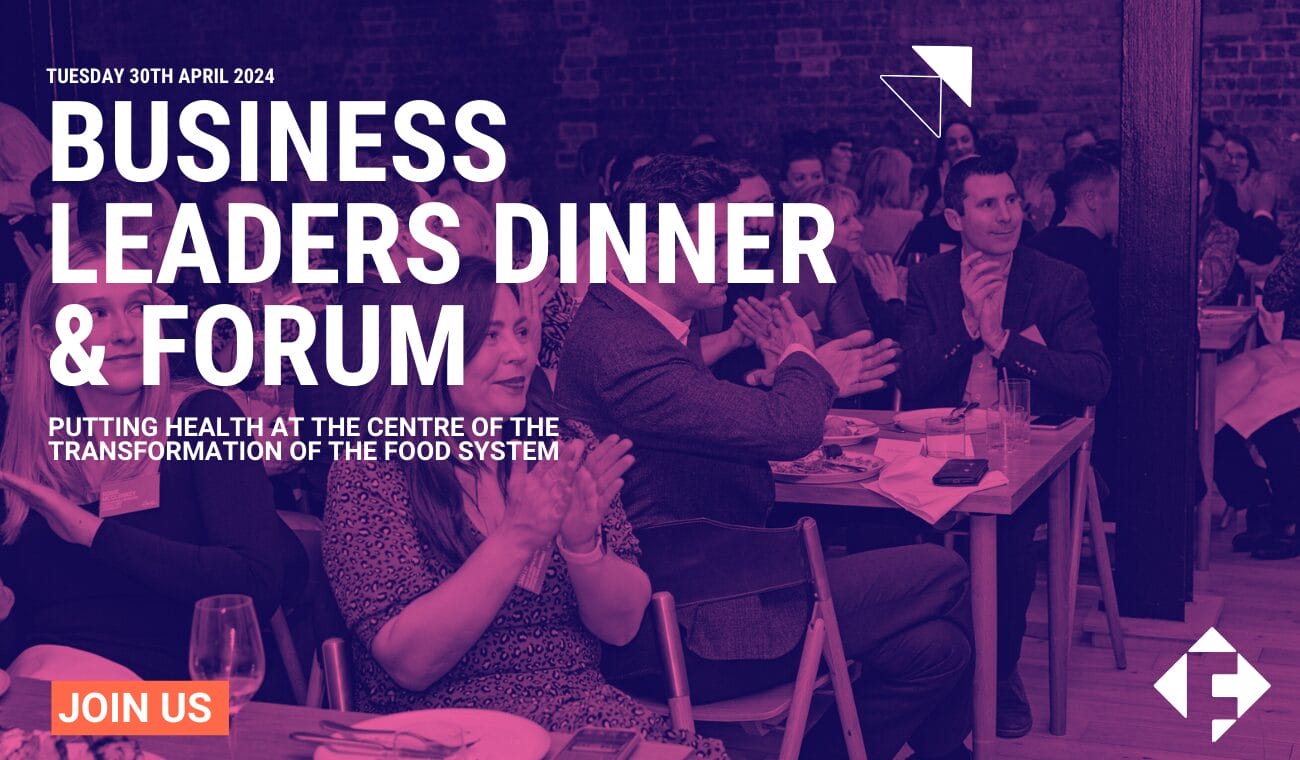Young people want solutions to tackle the climate crisis, and it’s our responsibility to help them develop the skills they need to take action for change.
Food and the climate are so inextricably linked there are few other sectors with such huge opportunities to drive positive impact. The food we eat, the way it’s produced and how we access it directly affect the environment, and we’re now on the precipice of a monumental transition to a system that works for people and planet. The potential for innovation and transformation within our sector is dizzying.
But the climate skills gap and talent shortages threaten to undermine this transition, which is why we need to do more to get kids excited about our industry. We need to show them that there’s more to the food industry than food itself, and that it represents the opportunity to face head-on one of the greatest challenges of our time and pioneer a new way of doing things that will ultimately change the world
This Climate Careers Masterclass – organised by employability and life skills charity Working Options and accessible to hundreds of young people and teachers around the country – bought together voices from across the industry to explore careers in the food business and the impact they can have.
Our panel, hosted by Future Food Movement and Veris Strategies Founder Kate Cawley, included Cranswick Country Foods Managing Director Carl Meade, Greencore plc Head of Sustainability Andy Wright, and Will Howard, Chief Operating Officer at Ella’s Kitchen.
KEY TAKEAWAYS
There’s scope to make a massive difference
We’re now eight years away from reaching a climate tipping point. As US politician Jay Inslee says, “We’re the first generation to feel the sting of climate change, and the last generation that can do something about it”.
Food and climate change are inextricably linked. As Kate notes, a quarter of all global carbon emissions come from food. Nearly 40% of the food we make is wasted, and yet 750 million people are going to bed hungry every day. Meanwhile, around 300 million tonnes of plastic packaging is produced every year, yet only 9% is recycled and some 11 million tonnes is ending up in the ocean.
The food industry has huge scope to make a difference to these figures. “Food can fix the planet for us,” Kate says.
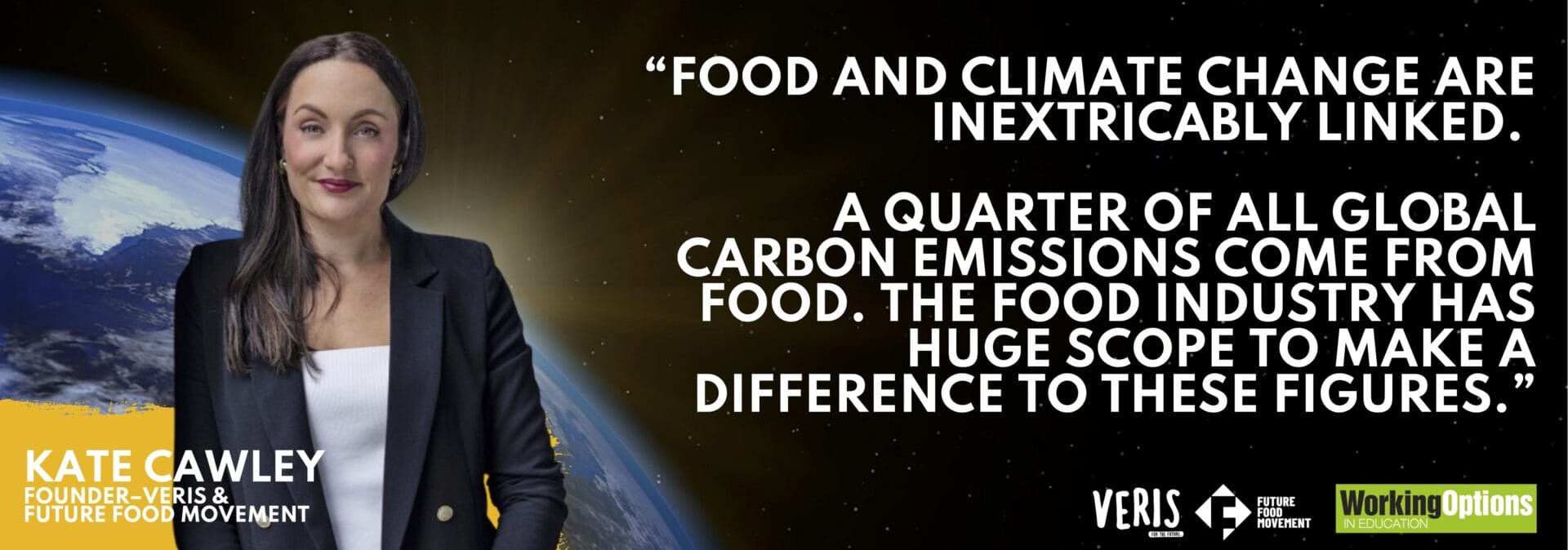
There’s no set route into the food industry
Everyone on our panel came to the food industry in a different way. Will worked at a number of different brands before coming to Ella’s Kitchen, which believes that ‘every little one deserves to grow up happy, healthy and never hungry’.
Andy took a more traditional route with A levels and a degree in environmental management, and was driven by a desire for a job with purpose before landing at Greencore plc. “We all eat food, so food matters,” he says. “If you like a fast-paced environment and facing up to big challenges, it’s an amazing sector to work in.”
Carl, meanwhile, says he came to the food industry by accident. Having left school at 16, he took a job at a food manufacturing facility to save money to travel. “When I came back, I saw that there were a lot of opportunities for people who have common sense and a bit of a spark about them, and I spent 10 years working my way up from the shop floor to managing director at Cranswick Country Foods, where I am now,” he says. “There’s loads of scope for development.”
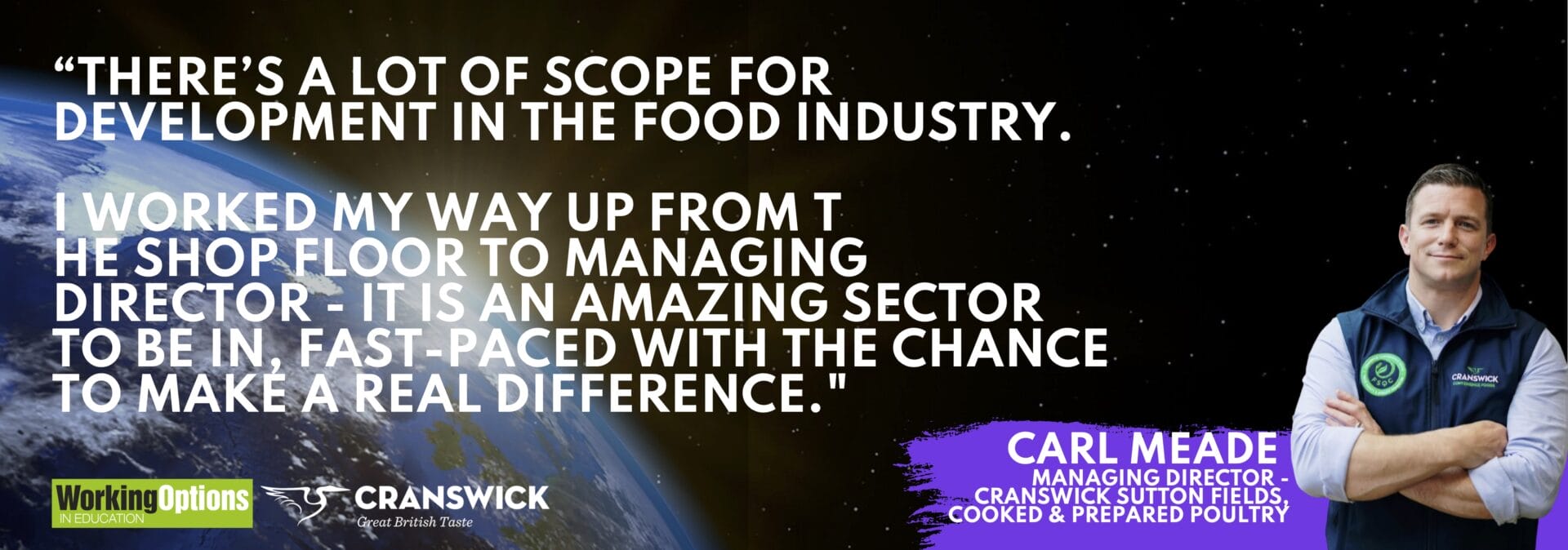
You don’t need to be a sustainability expert
Although Future Food Movement always says ‘every job is a climate job’, that doesn’t mean everyone is expected to be a climate expert – although there are certainly opportunities there. As Carl notes, the food industry has a great deal of work to do with its supply chains, which requires a lot of technical sustainability expertise. Then, as Andy says, dedicated sustainability departments involve a huge variety of roles, from data analysis to project management.
“But what the industry needs more of is great communicators, leaders and persuaders, to help drive sustainability throughout the business overall, so that the people in finance or engineering have a good understanding of the challenges,” he says.
As for climate knowledge, no-one is expected to know everything – as the panellists agree, everyone in the industry learns something new every day. Upskilling is a key driver for the industry right now, with forward-thinking companies taking steps to ensure their workforce are equipped with the skills they need to drive change. “The best way to learn about climate and environment is to have a conversation about it,” says Will. “You don’t have to know about it from the outset, you just need a willingness to learn and a curiosity.”
Ultimately, the panel agree that sustainability is no longer an ‘add-on’ to any job, but an intrinsic part of all roles in the food industry.
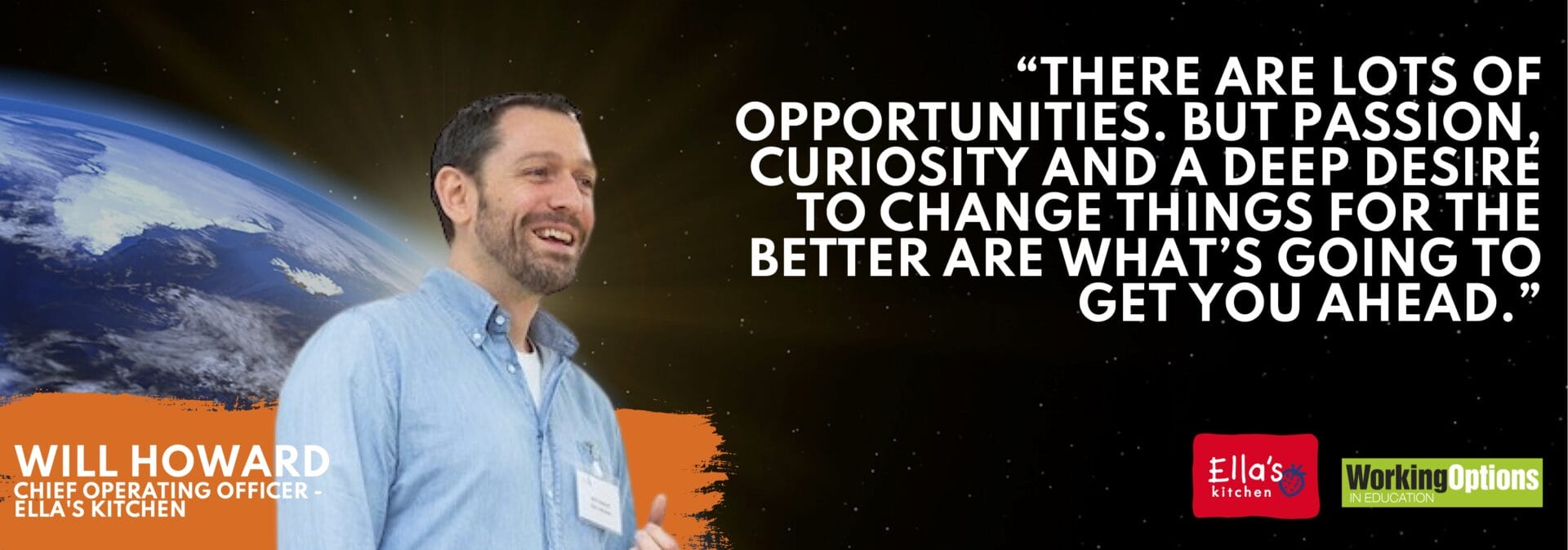
BEWARE RECRUITMENT GREENWASHING
More young people are engaged with the climate crisis than ever before, and they want to work for companies whose values and beliefs align with their own. But as the panel notes, just as greenwashing exists in consumer advertising, it’s also prevalent in recruitment, with some companies stretching the truth of their green credentials in order to attract fresh, sustainably-minded talent.
Looking for transparency is key, says Will, who notes that Ella’s Kitchen is very clear about where all its emissions come from, and the steps it’s taking to tackle them. “If a company says they’re doing great environmental work, look for proof.”
For companies that want to appeal to the next generation, this means being open and honest about how they’re approaching sustainability, and making this information easy to find. Will suggests that both companies and potential jobseekers look at the growing B Corp movement for clarity here. “There are about 2,000 B Corps in the UK now,” he says. “Achieving certification means reporting on people and planet, as well as profit. This – and other certification schemes – is a good way to identify companies that are doing good work, and for companies to showcase the work they are doing.”
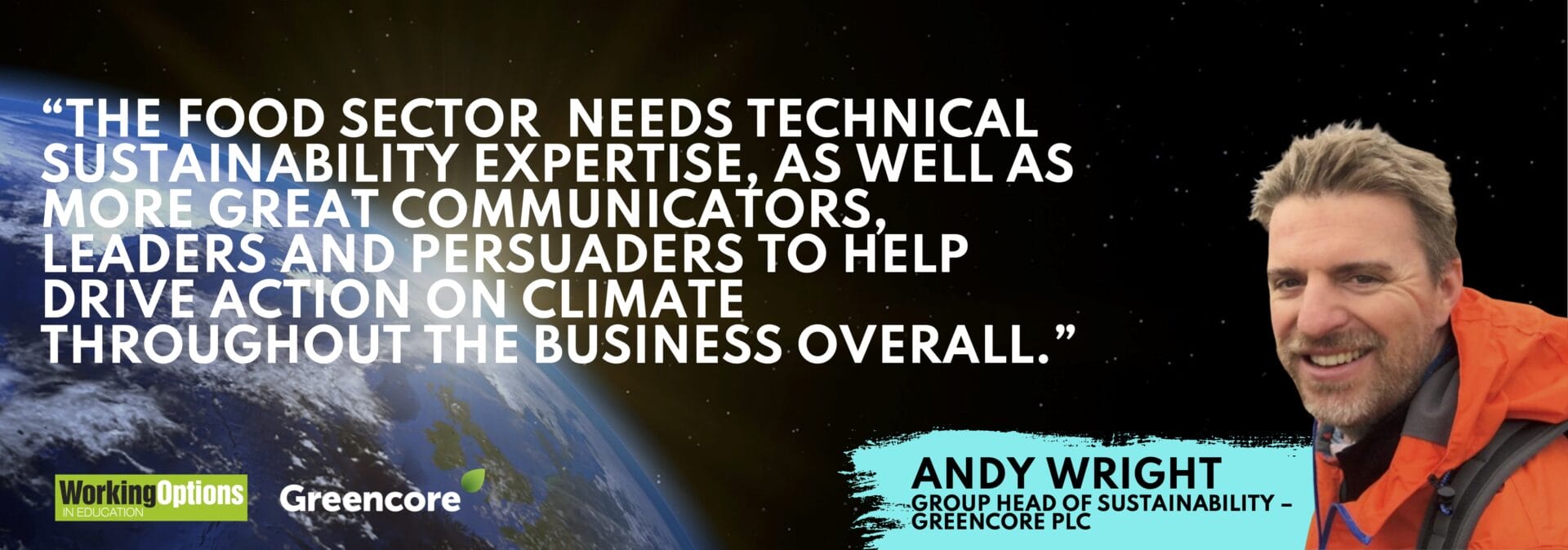
Food companies are hungry for new talent
Just as the next generation want careers that can make a difference, the food industry wants fresh talent that’s eager to step up and help make that difference, so there are plenty of early-career opportunities on offer for young people.
GREENCORE PLC
At Greencore, Andy explains there five different graduate programmes in place across a range of disciplines (click here to find out more).
CRANSWICK PLC
Carl discussed that Cranswick offers a range of apprenticeships, graduate schemes and industry placements (find out more here).
ELLA’S KITCHEN
Will says that Ella’s Kitchen is always happy to consider new talent. Two great examples, he says, are the standout individual who really shone through during his NVQ placements and is now a demand planner at the age of 18, and the company’s Tesco account manager, who only left university four years ago. “There are lots of opportunities,” says Will. “But passion, curiosity and a deep desire to change things for the better are what’s going to get you ahead.”
VERIS STRATEGIES AND FUTURE FOOD MOVEMENT
Kate says that Future Food Movement and Veris Strategies run internships and hold virtual shadowing days (email enquiries here)
